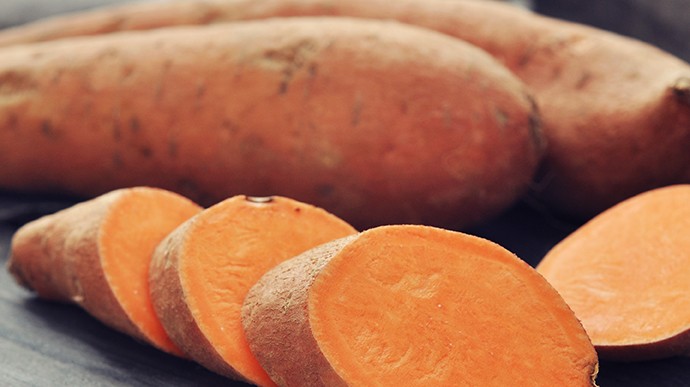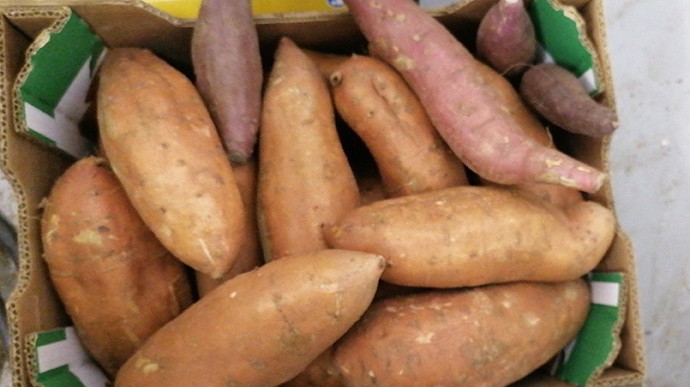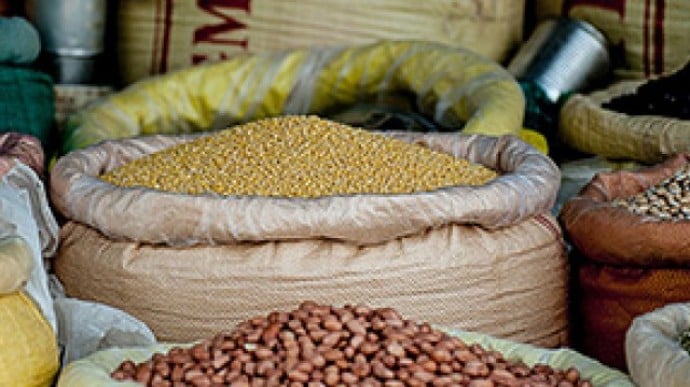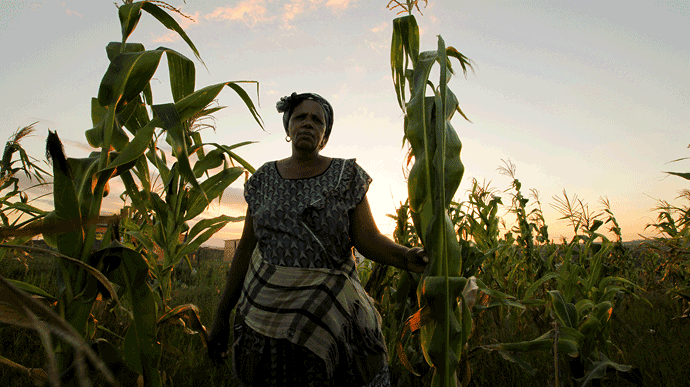
Professor Mohammad Naushad Emmambux completed his undergraduate studies at the University of Mauritius and his postgraduate studies at the University of Pretoria (UP). He has been with UP for 22 years, and has been doing research for 16 years.
“UP is a globally recognised, research-intensive university that provides a platform for growth, independent thinking and for making a difference to society,” he says.
Prof Emmambux’s research is centred on the following:
His research contributes to the betterment of the world because it falls within the area of food and nutrition security. It addresses several Sustainable Development Goals (sDGs) including SDG 2: Zero Hunger and SDG 3: Good Health and Well-being.
Prof Emmambux leads the food biopolymer research group in the Department of Consumer and Food Sciences; co-leads the technological innovation programme at the Department of Science and Innovation (DSF)/National Research Foundation (NRF) Centre of Excellence in Food Security; and leads the EU-funded InnoFoodAfrica project at UP. The two latter projects are cross-faculty initiatives that involve UP’s Faculties of Humanities, Health Sciences and Engineering.
Over the past 18 months, Prof Emmambux and his research team have been working on reducing the glycaemic index (GI) of maize meal.
“We have found that complexation of starch with lipids as well as heat-moisture treatment increased the resistant starch content in maize meal porridge,” he explains. “The latter had a lower GI and the resistant starch comprising of amylose lipid complexes showed good prebiotic effects as it promoted the growth of good microbes and produced beneficial free fatty acids. We have a patent for manufacturing starch microspheres that are stable under mechanical stress. The starch microsphere can be used to mimic fat globules in food systems. Thus, we can reduce food calories by replacing fat.”
The team has also shown that household-level technologies such as a microwave can change the oral processing properties of food to accommodate babies from the age of six to 24 months when complementary foods are introduced. “This will help to increase the nutrient density of complementary foods,” Prof Emmambux says.
A recent highlight for the professor was presenting the EU-sponsored project InnoFoodAfrica at the New European Bauhaus Festival in June 2022.
The research team has started two new projects: making protein nanofibers, which will be used as human tissue scaffolding, and making use of green chemistry to modify proteins from indigenous African plants; these proteins can be used in gluten-free alternatives.
Prof Emmambux says his research matters because he and his research team are pushing scientific boundaries in the field of food science and technology. “We are making a difference by solving African and global problems related to food and nutrition security.”
While no specific person has inspired him in his research effort, he says, “all my teachers, lecturers and supervisors are my role models and they have inspired me to become a good scientist”.
He hopes to mentor the next generation of scientists who will help to create a better world for the future. His advice to school learners or undergraduates who are interested in his field is this: “If you have a curious mind and want to make a difference in the world, join the field of food science.”
In his spare time, he meditates, spends time in nature and travels.
 Story
Story
Researchers at the University of Pretoria (UP) have found a way to make orange-fleshed sweet potato last longer in an effort to benefit from this smart crop and address micronutrient deficiencies among young children and pregnant women.
 Gallery
Gallery
Orange-fleshed sweet potatoes can be used to address micronutrient deficiencies, but are only available for two to three weeks a year. Researchers at the University of Pretoria are trying to prolong availability of the nutrient benefits by milling it into flour using various drying techniques to see which method preserves the nutrients best.
 Story
Story
The University of Pretoria (UP) is representing South Africa in a multinational, cross-continental project that aims to enhance food and nutrition security in Africa, and open the door to export markets.
 Story
Story
Healthy foods are often expensive and time consuming to prepare. While the diets of lower-income earners are often energy dense, they tend to be low in other nutritional components such as protein, fibre, vitamins, minerals and health-promoting phytochemicals.
 Story
Story
Food with a low glycaemic index (GI) is generally considered healthier because it is digested at a slower rate than high GI food, thus providing sustained energy release. However, many people prefer high GI food such as cake because it simply tastes better.
Copyright © University of Pretoria 2025. All rights reserved.
Get Social With Us
Download the UP Mobile App